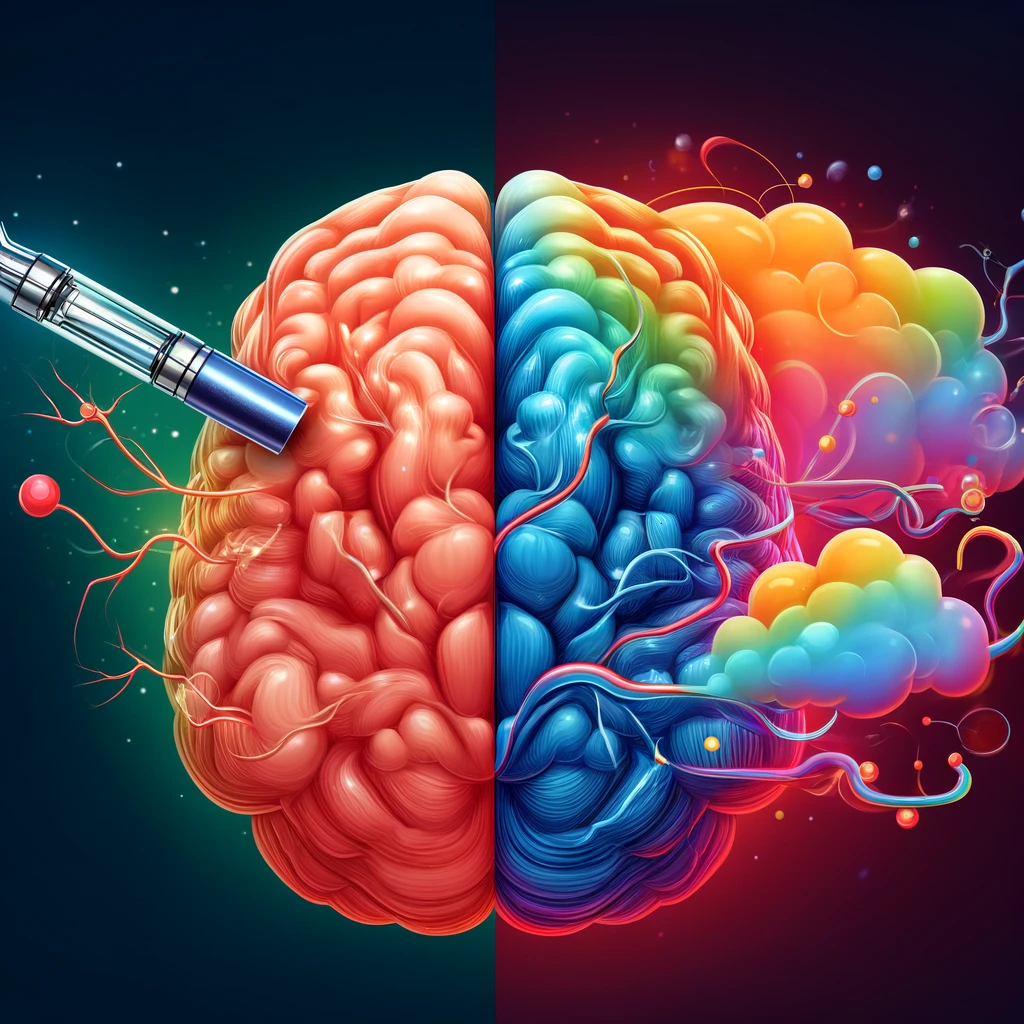The Effects of Nicotine on the Adolescent Brain

Nicotine addiction is a critical public health issue, particularly concerning when it involves adolescents. The developing brains of teenagers are highly susceptible to the negative effects of nicotine, which can lead to long-lasting and potentially severe consequences. In this article, we delve into the impact of nicotine on the adolescent brain, supported by recent studies and expert opinions.
Understanding Nicotine Addiction in Adolescents
Nicotine is a highly addictive substance found in vaping products, and other forms of tobacco. When consumed, nicotine stimulates the brain’s reward circuits, releasing chemicals like dopamine, which creates feelings of pleasure and satisfaction. However, this initial euphoria is fleeting, leading to repeated use and, eventually, addiction.
For adolescents, whose brains are still developing, the impact is particularly profound. The brain continues to grow and evolve well into the mid-20s, with areas responsible for decision-making, impulse control, and susceptibility to addiction being the last to mature. Nicotine exposure during this critical period can alter this development, potentially leading to increased impulsivity and behavioral issues.
Long-Term Impact on Cognitive and Psychological Functions
Studies have shown that adolescents who regularly use nicotine may experience various cognitive and psychological effects. These can include reduced attention span, decreased learning abilities, and poorer memory. Furthermore, nicotine use during adolescence has been linked to increased anxiety, depression, and other mood disorders.
The altering of brain chemistry can also affect the way future generations perceive and respond to nicotine, suggesting a potentially heightened risk of addiction in offspring. This highlights the importance of addressing nicotine use among adolescents not just for individual health, but for future populations as well.
Strategies to Mitigate the Effects
Addressing the issue of adolescent nicotine use requires comprehensive strategies that include education, legislation, and community support. Schools and health professionals play a crucial role in educating the youth about the risks associated with nicotine. Legislation, such as banning flavored vaping products that appeal to teenagers, can reduce accessibility.
Furthermore, parents and guardians must be proactive in discussing nicotine use and its dangers with their children. Community programs and cessation supports can also provide necessary resources and support for young people trying to quit nicotine.
Conclusion
The effects of nicotine on the adolescent brain are both significant and alarming. With the brain still in a critical developmental phase, the risk of long-term negative outcomes makes it imperative to prevent nicotine addiction in young people. Through education, supportive legislation, and community efforts, it is possible to protect our youth from the grip of nicotine and promote a healthier future for all.
If you are facing any of the issues discussed in this article, please do not hesitate to contact us, and we will do our best to help you.


